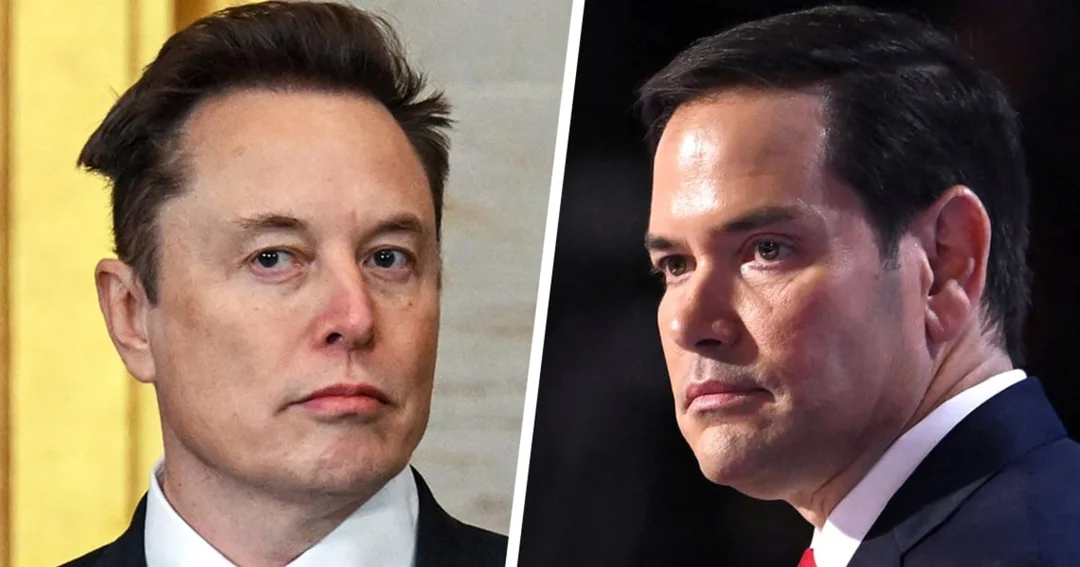
Starlink’s Global Push: US Government Entangles Tariffs and Tech Diplomacy
Is the U.S. government leveraging trade negotiations to push Elon Musk's Starlink satellite internet service onto other nations? A recent report suggests a growing trend of countries, facing potential U.S. tariffs, are moving to approve Starlink, raising questions about the intersection of technology, trade, and diplomacy.
According to reports, the Trump administration, and now potentially even previous administrations,may be using Starlink as a bargaining chip in tariff discussions. Internal messages obtained by The Washington Post indicate that U.S. embassies and the State Department have been actively encouraging countries to clear regulatory hurdles for U.S. satellite companies, with Starlink often specifically mentioned.
The report highlights cases like Lesotho, where the country's communications regulator met with Starlink representatives shortly after Trump announced tariffs on goods from the nation. Similarly, India has reportedly expedited Starlink approvals with the understanding that doing so could bolster trade deals with the U.S.
While the U.S. government denies explicitly demanding favors for Starlink in exchange for lower tariffs, the circumstances have raised eyebrows. A State Department spokesperson defended the push, stating, "Starlink is an American-made product that has been game-changing in helping remote areas around the world gain internet connectivity. Any patriotic American should want to see an American company’s success on the global stage, especially over compromised Chinese competitors."
The potential motivations driving this push are multifaceted. Some experts suggest it's a strategic move to counter China's growing influence in global telecommunications. Evan Swarztrauber, a senior fellow at the Foundation for American Innovation, noted, "The U.S. has a lead in space, and we should double down on getting other countries to grant regulatory approvals for our companies. Otherwise, it will be Chinese companies that benefit from market access."
However, critics argue that the situation presents a conflict of interest, given Musk's close ties to the Trump administration, including significant financial contributions to the Republican party. The optics of the situation are further complicated given the administration’s previous scrutiny over ethical behaviour.
The implications of this trend are significant. Starlink's international expansion could unlock multibillion-dollar revenue streams, but the methods used to achieve this expansion raise questions about fairness and transparency in international trade. Is the U.S. government prioritizing the success of a specific American company over the broader interests of free and fair trade? Are trade agreements being influenced by factors other than pure economic merit?
This situation adds another layer to debates around the role of the United States in international trade and the global digital landscape.
What do you think? Is this a legitimate strategy to promote American innovation, or an unethical abuse of power? Share your thoughts in the comments below.